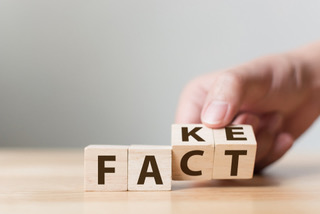How do you know what to do with your life?
And have it all pan out? I did… and then IT didn’t.
As a ballet dancer who quit early, I moved to a new city, joined a gym, hoping to make new friends.
I found packed exercise classes. Guys clinking machines and dropping huge weights. Super-tan girls plowing away on treadmills—that wasn’t me.
But I wanted to meet people. Find my place in town. I needed a job!
Dance was my best skill. How about the class instructor? You know—jumping around in Lycra with people mimicking you. Was that a real job?
Moving to music was fun. People liked what I did. But I found myself wanting more.
I needed to know what I was doing—not just showing moves to follow, but knowing how to answer questions after class. That seemed more interesting. I’d trained my outside—could I get to know my inside?
Then I could use my body AND my brain.
I had to become a trainer.
To be great, many years stack up before you know what you’re really doing.
To know what your clients need—rather than showing them how you eat and train.
Then I realized the link—why movement became my life’s work.
I knew about training: exercise and its challenges, the benefits, protocols, methodologies.
And anywhere in the exercise process, there is struggle. That is constantly intermittent.
But like training, struggle in life seems constant and intermittent.
This, I knew—I was a person, too.
I’d been there.
I’d left dance after injury and illness. I’d experienced loss. I’d moved to a new city. I’d been alone.
What if training wasn’t just about showing but helping? Helping people see ahead in the times when struggle blocked their view?
Training was not about Lycra—it was tuning into someone’s life and lighting the way when the path got dark.
What if training was not just exercise, but about building inner and outer capacities, physical and mental resilience for life’s challenges?
In my life, and watching clients’ journeys, every time I thought about it, this rang piercingly true.
You can’t change your body without your mind. Your mind can underestimate your body. Your mind needs to listen to your body. Your body is often smarter than your mind.
Change is small one step then another. The little things count.
Change is a single word in the larger book of your life, with multiplier effects.
That’s why you need to give it time.


